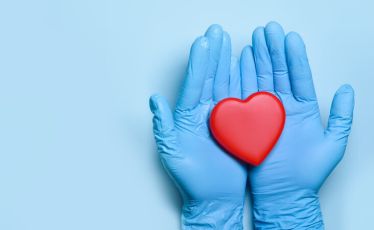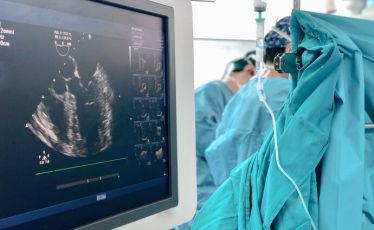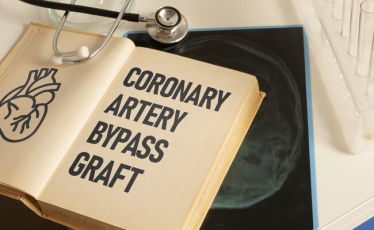+62 817-4929-054
Arrhythmia: Causes, Symptoms, Types, Diagnosis, and Treatment by Dr. Beny Hartono
oleh: dr. Beny Hartono, Sp.JP, Subsp. KI (K), FIHA, FAPSC
Arrhythmia is an abnormal heartbeat, which can be too fast (tachycardia), too slow (bradycardia), or irregular. This occurs because the heart's electrical impulses are disrupted, affecting its ability to pump blood throughout the body.
Causes of Arrhythmia
1. Structural Heart Disease: Coronary heart disease, heart failure, cardiomyopathy, myocardial infarction, valve abnormalities, myocarditis
2. Congenital/Genetic Disorders: Long QT Syndrome, Brugada Syndrome, Wolff Parkinson-White Syndrome (WPW)
3. Electrolyte Disorders: Potassium, calcium, and magnesium imbalances
4. Lifestyle & Other Factors: Caffeine, alcohol, smoking, drugs, stress, extreme exercise, thyroid disorders, sleep apnea, diabetes, aging
Symptoms of Arrhythmia
- Palpitations (rapid heartbeat)
- Dizziness or lightheadedness
- Shortness of breath
- Chest pain (angina)
- Extreme fatigue
- Sudden fainting (syncope)
Types of Arrhythmia
- Atrial Fibrillation (AF) – Fast, irregular rhythm, increased risk of stroke
- Atrial Flutter – Fast but regular rhythm, appearing like a sawtooth wave
- Supraventricular (SVT) – Rapid atrial beats, can be sudden (e.g., AVNRT)
- Ventricular Tachycardia (VT) – Rapid ventricles, at risk of progressing to ventricular fibrillation
- Ventricular Fibrillation (VF) – Ventricular quivering without pumping → emergency condition
- Bradycardia / Sick Sinus Syndrome – Slow/failed impulse conduction in the sinoatrial node
- Heart Block (AV Block) – Obstruction of impulses from the atria to the ventricles; grades I–III
- Extrasystoles (PACs/PVCs) – Extra beats from the atria or ventricles; usually harmless
Diagnosis
- ECG – The primary tool for recording heart rhythm.
- Holter Monitor – Long-term monitoring (1–7 days).
- Echocardiography (cardiac ultrasound) – To assess the structure and function of the heart.
- Treadmill (stress test) – Assesses the heart's response to activity.
- Electrophysiology studies, Tilt-test, Electrolyte blood tests
Handling and Intervention
- Medications: Beta-blockers, calcium channel blockers, antiarrhythmics, anticoagulants
- Pacemaker: For bradycardia/sick sinus rhythm
- Catheter Ablation: Eliminates abnormal electrical pathways (AF, SVT, VT)
- Implantable Defibrillator (ICD): To prevent fatal VT/VF
- Electrical Cardioversion, Open Heart Surgery (rarely, as indicated)
Prevention
- Healthy diet (low salt and fat)
- Regular exercise
- Avoid smoking, alcohol, and excessive caffeine
- Manage stress
- Control blood pressure, cholesterol, blood sugar, and sleep apnea
When to See a Doctor?
Immediately consult a cardiologist if you experience:
- Persistent palpitations, is a sensation of heart palpitations that occurs continuously or repeatedly over a long period of time
- Dizziness or fainting
- Extreme shortness of breath
- Chest pain
- Excessive fatigue
Contact us
For information and make an appointment

dr. Beny Hartono, Sp.JP, Subsp. KI (K), FIHA, FAPSC
Jantung View Schedule| Loading data... |
|---|

















